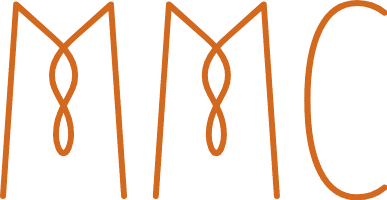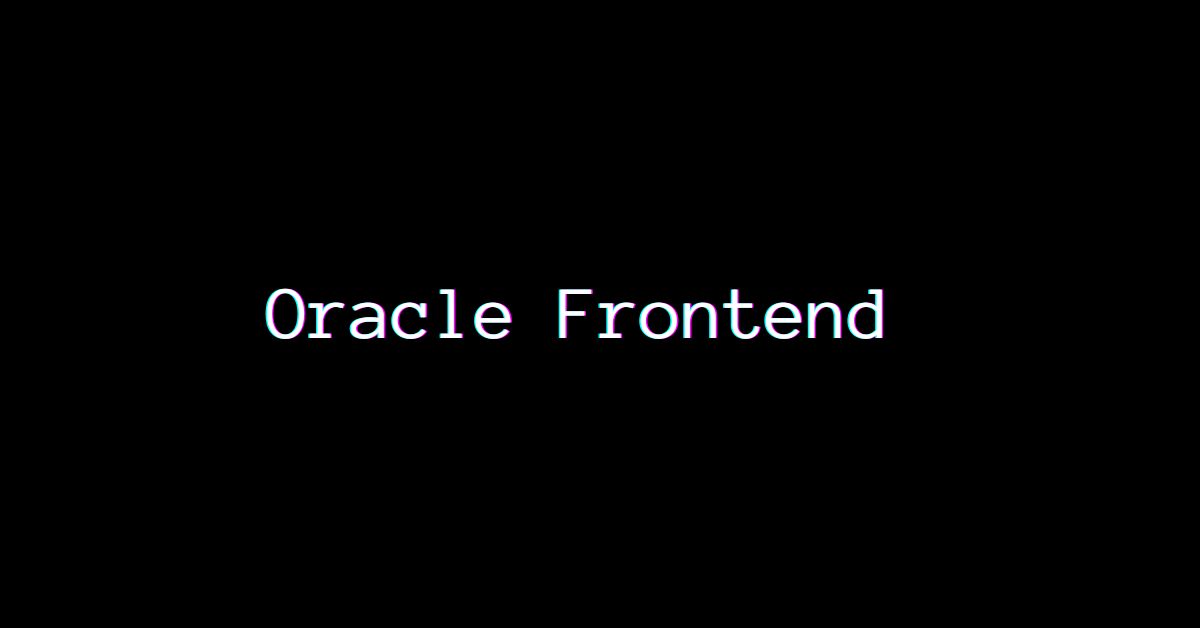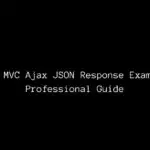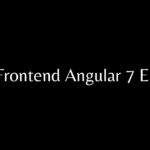|
Getting your Trinity Audio player ready... |
As frontend developers, preparing for an Oracle interview can be a daunting task. You may feel overwhelmed and unsure of what to expect. To help you prepare, we have compiled a list of the top 30 Oracle front-end interview questions.

These questions cover a range of topics, from basic HTML and CSS knowledge to more advanced JavaScript concepts. By reviewing these questions and practicing your answers, you can feel more confident and prepared for your next Oracle frontend interview. So, let’s dive in and start preparing for your next interview!
Understanding Oracle Frontend

As a frontend developer, it is essential to have a good understanding of Oracle Frontend. Here, we will discuss the basics of Oracle Frontend and its architecture.
Basics of Oracle Frontend
Oracle Frontend is a web-based application that provides a user interface to interact with the Oracle database. It is designed to work with the Oracle database and provides a range of features that allow developers to create and manage web applications. Some of the key features of Oracle Frontend include:
- Data visualization
- Business intelligence
- Reporting
- Dashboards
- Forms
Oracle Frontend is built using a range of technologies, including HTML, CSS, JavaScript, and jQuery. Developers can use these technologies to create highly interactive and responsive web applications.
Oracle Frontend Architecture
Oracle Frontend has a three-tier architecture that consists of the following layers:
- Presentation Layer: This layer is responsible for presenting the data to the user. It includes the user interface and the web pages that display the data.
- Application Layer: This layer is responsible for processing the data and handling user requests. It includes the application server, which runs the web application and manages the communication between the presentation layer and the database layer.
- Database Layer: This layer is responsible for storing and managing the data. It includes the Oracle database, which stores the data and provides the necessary functionality to manage it.
In summary, understanding the basics of Oracle Frontend and its architecture is crucial for frontend developers who want to work with the Oracle database. By having a good understanding of these concepts, developers can create highly functional and responsive web applications that meet the needs of their clients.
Technical Interview Questions

When it comes to the technical interview, you can expect questions that will test your knowledge of SQL, PL/SQL, Oracle Forms and Reports, and performance tuning. Here are some common questions you may encounter:
SQL and PL/SQL Questions
- What is the difference between a view and a table?
- What is a cursor and when would you use one?
- What is a trigger and when would you use one?
- What is a stored procedure and how is it different from a function?
- What is a package and how is it different from a stored procedure or function?
- What is the difference between a primary key and a foreign key?
Oracle Forms and Reports Questions
- What is Oracle Forms and Reports used for?
- What is the difference between a form and a report?
- What are the different types of triggers available in Oracle Forms?
- How do you create a master-detail relationship in Oracle Forms?
- How do you create a parameter form in Oracle Reports?
Performance Tuning Questions
- What is the difference between a full table scan and an index scan?
- How do you identify and resolve performance bottlenecks in Oracle?
- What is the difference between a hot backup and a cold backup?
- How do you monitor database performance using Oracle Enterprise Manager?
- How do you optimize SQL queries for better performance?
Remember, these are just a few examples of the types of questions you may encounter in a technical interview. It’s important to have a solid understanding of the fundamentals of SQL, PL/SQL, Oracle Forms and Reports, and performance tuning to be successful in an Oracle Frontend Developer role.
Behavioral Interview Questions

When preparing for a frontend interview with Oracle, it’s important to be ready for behavioral interview questions. These types of questions are designed to get a sense of your past experiences and how you handle certain situations. Here are some common behavioral interview questions that you may encounter during your interview:
- Tell me about a time when you had to work with a difficult team member. How did you handle the situation? This question is designed to see how you handle conflict and how you work with others. Be sure to provide specific examples of how you resolved the issue and what steps you took to improve the situation.
- Describe a time when you had to learn a new technology quickly. How did you approach the situation? This question is designed to see how you handle new challenges and how you learn new skills. Be sure to provide specific examples of how you approached the situation and what steps you took to learn the new technology.
- Tell me about a time when you had to work under a tight deadline. How did you manage your time and complete the task? This question is designed to see how you handle pressure and how you manage your time effectively. Be sure to provide specific examples of how you managed your time and completed the task on time.
- Describe a time when you had to work on a project with ambiguous requirements. How did you approach the situation? This question is designed to see how you handle uncertainty and how you approach complex problems. Be sure to provide specific examples of how you approached the situation and what steps you took to clarify the requirements.
Remember, when answering behavioral interview questions, it’s important to use the STAR method: Situation, Task, Action, and Result. This method helps you structure your answer in a way that is clear and concise. By providing specific examples and using the STAR method, you can demonstrate your skills and experience to the interviewer.
Conclusion

In conclusion, preparing for an Oracle frontend developer interview can be a daunting task. However, with the right mindset, resources, and preparation, you can increase your chances of success. We recommend that you start by studying the job description and researching the company to get a better understanding of the role and its requirements.
Next, review the top 30 Oracle frontend interview questions and answers that we have provided. These questions cover a wide range of topics, including HTML, CSS, JavaScript, and other frontend technologies. Practice answering these questions aloud or with a friend to build your confidence and improve your communication skills.
In addition to the technical questions, be prepared to talk about your experience, strengths, and weaknesses. Use specific examples to demonstrate your skills and how you have overcome challenges in your previous roles.
Finally, remember to dress professionally, arrive early, and be polite and respectful during the interview. Show enthusiasm for the role and the company, and ask thoughtful questions to demonstrate your interest and curiosity.
We hope that this guide has been helpful in preparing you for your next Oracle frontend developer interview. Good luck!
Frequently Asked Questions

What is Oracle and how does it differ from other database management systems?
Oracle is a relational database management system (RDBMS) that is used to store and manage large amounts of data. It is different from other database management systems in that it is highly scalable, has a wide range of features, and is known for its reliability and security.
What are the key features of Oracle 19c?
Oracle 19c is the latest version of Oracle database. It comes with a number of new and improved features, including automatic indexing, real-time statistics, and support for JSON data. It also includes enhancements to security, performance, and manageability.
What is the role of PL/SQL in Oracle database?
PL/SQL (Procedural Language/Structured Query Language) is a programming language that is used to write stored procedures, functions, and triggers in Oracle database. It is used to automate tasks, improve performance, and enhance the functionality of Oracle database.
What are the different types of indexes in Oracle?
There are several types of indexes in Oracle, including B-tree indexes, bitmap indexes, and function-based indexes. B-tree indexes are the most commonly used type of index in Oracle, while bitmap indexes are used for columns with low cardinality. Function-based indexes are used to index the results of a function or expression.
What is the difference between a view and a materialized view in Oracle?
A view is a virtual table that is based on the result of a SQL query. It does not store any data on its own. A materialized view, on the other hand, is a physical table that stores the result of a SQL query. It is updated periodically or on demand.
How do you optimize SQL queries in Oracle database?
There are several ways to optimize SQL queries in Oracle database, including using indexes, minimizing the number of joins, using bind variables, and optimizing subqueries. It is also important to use the EXPLAIN PLAN command to analyze the execution plan of a query and identify any performance issues.
Best Web Development Books- Complete Guide
ReactJS Interview Questions: A Comprehensive Guide for Success
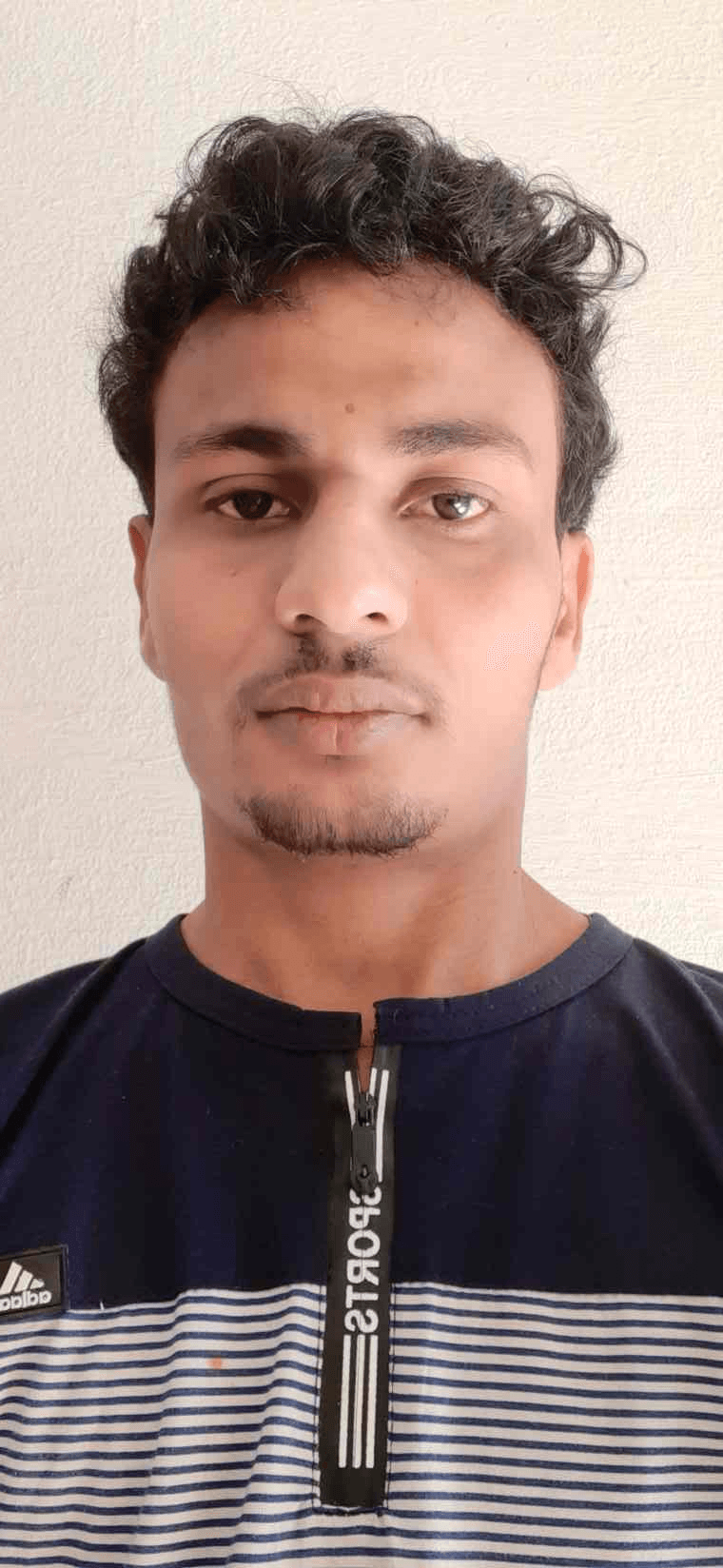
Arsalan Malik is a passionate Software Engineer and the Founder of Makemychance.com. A proud CDAC-qualified developer, Arsalan specializes in full-stack web development, with expertise in technologies like Node.js, PHP, WordPress, React, and modern CSS frameworks.
He actively shares his knowledge and insights with the developer community on platforms like Dev.to and engages with professionals worldwide through LinkedIn.
Arsalan believes in building real-world projects that not only solve problems but also educate and empower users. His mission is to make technology simple, accessible, and impactful for everyone.
Join us on dev community
